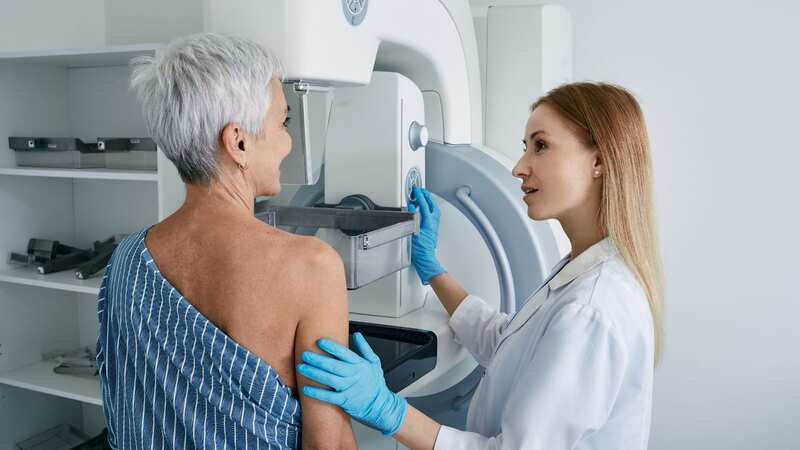Four specific red flag symptoms that warn your GP you could have cancer

When somebody as prominent as King Charles is diagnosed with cancer, it can lead many of us to question any health niggles we have and wonder if we should get them checked out.
“A positive thing could come from the King’s sad news if more people are encouraged to see their doctor with cancer symptoms,” says Dr Nisa Aslam, East London GP. “But patients can find it tricky knowing when to get help and when there’s no need to worry.
"The key message is to listen to your instincts and if you notice anything that’s unusual for you, tell your GP - as spotting cancer at an early stage means treatment is far more likely to be successful.” Here is Dr Aslam’s expert guide on when to seek medical help.
What are the four “red flags” to watch out for?
"There are some general symptoms that as doctors we see as warnings that you may have cancer. Of course, a lot of the time these very common symptoms turn out to be fine but the key is to always get them checked by your GP to rule out anything more sinister,” says Dr Aslam.
Severe tiredness: fatigue for no obvious reason can sometimes be a cancer sign.
 Warning as popular food and drink ‘increase risk of cancer death by up to 30%’
Warning as popular food and drink ‘increase risk of cancer death by up to 30%’
Pain: it’s probably not cancer but a new and unexplained pain anywhere in your body for 3 weeks or more needs checking.
Unexplained weight loss: losing 5% of more body weight without trying can be linked to cancer.
A new lump: Most are harmless but a new or unexplained lump anywhere on your body that persist for more than two weeks should be checked.
Your top-to-toe cancer guide
I’m worried about a headache. When do Ineed to see a doctor?
Most people get headaches sometimes, but if they are getting worse over time or are different from the headaches you usually get, especially if the pain is sudden in onset and severe, you also feel sick or dizzy, you have vision changes.
I’m worried about throat issues. When do I need to see a doctor?
It’s common to get a temporary hoarse voice if you have a cold or severe indigestion, but if it lasts for more than three weeks get it checked. Likewise if you have any difficulty swallowing or chewing, or a feeling that something is stuck in your throat.
I’m worried about a cough. When do I need to see a doctor?
A cough that lasts more than three weeks or coughing up blood can sometimes they can be a sign of lung cancer and shouldn’t be ignored.
I’m worried about skin changes. When do I need to see a doctor?
 Mum with terminal cancer wants to see son 'write his first word' before she dies
Mum with terminal cancer wants to see son 'write his first word' before she dies
If you notice a new mole, any changes to your skin or an existing mole, or if you have a sore that’s not healed after several weeks.
I’m worried about breast lumps. When do I need to see a doctor?
Any breast lump – painless or painful - plus changes to the nipple or skin texture.
I’m worried about stomach problems. When do I need to see a doctor?
A. Persistent loss of appetite, weight loss, upper abdominal pain or recurrent heartburn need urgent checking
I’m worried about bowels changes. When do I need to see a doctor?
Lots of things can cause bowel changes, but changes lasting more than three weeks and including: diarrhoea, constipation, blood in your poo, on the toilet paper or in the toilet can sometimes be signs of cancer.
I’m worried about bladder issues. When do I need to see a doctor?
If you have any problems peeing, including: a weak flow or needing to strain to start, going more often than usual, needing to pee urgently, any pain or blood when you pee and lower back pain.
I’m worried about my genitals. When do I need to see a doctor?
Women: If you’re heaving heavier or more painful periods, bleeding between periods or after sex, pain during sex, new or smelly discharge. Men: If you have problems with your erection, a lump in your groin or testicles or any discharge from your penis.
Read more similar news:
Comments:
comments powered by Disqus

































